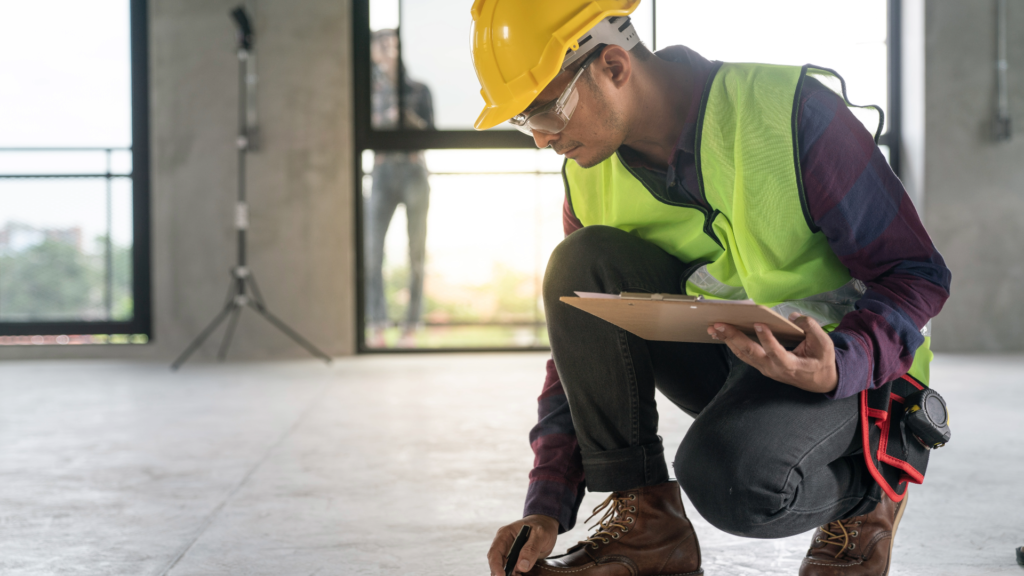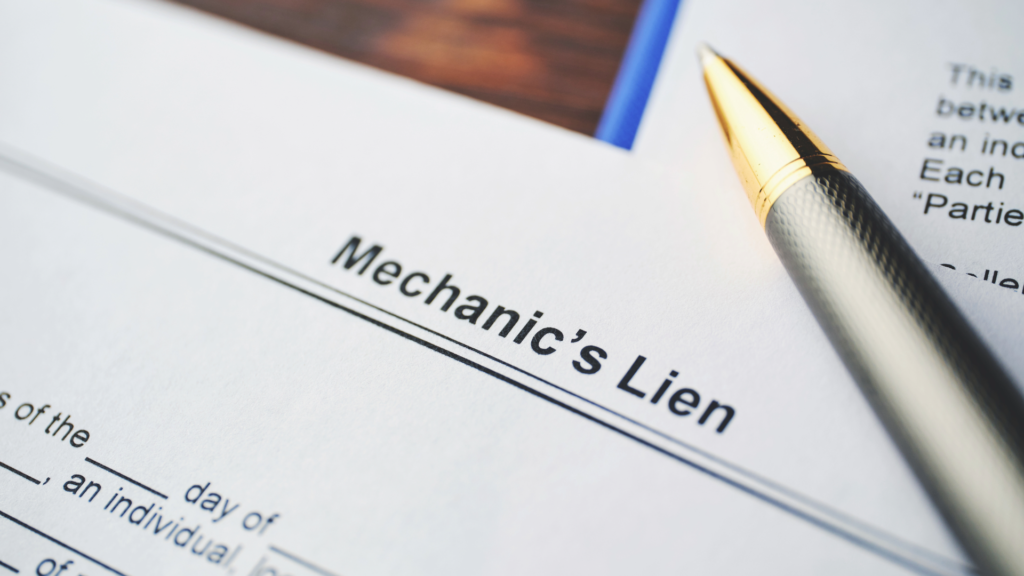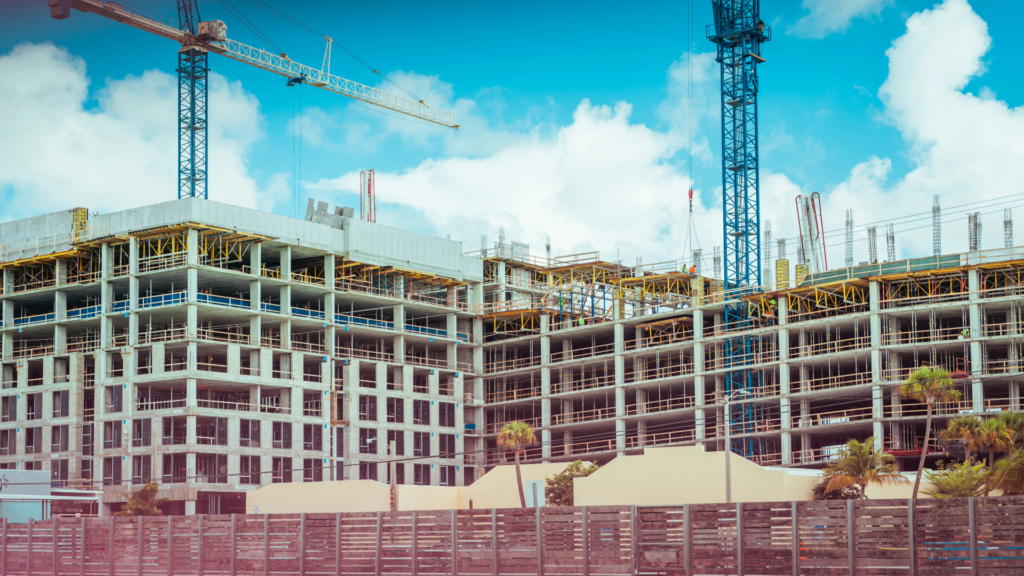Construction projects are a vital part of Florida’s growing economy. The state leads the nation in new construction jobs and has experienced its third consecutive month of growth in 2023.1
However, with the complexity and scale of construction, conflicts and disputes often emerge, making Florida construction litigation a necessity.
Florida’s construction industry is unique, influenced by its distinctive geography, climate, and rapidly expanding population.2 These factors can introduce challenges and complexities to construction projects that other regions may not experience.
This article provides a comprehensive overview of Florida construction litigation basics, including:
- What is construction litigation?
- Who are the parties involved in Florida construction litigation?
- What are common reasons for construction litigation in Florida?
- What is the role of contracts in Florida construction litigation?
- What are the steps involved in pre-litigation?
- What is the Florida construction lien law?
What is construction litigation?
Florida construction litigation is a legal process that involves disputes, conflicts, or other legal issues related to construction projects.
Legal action may become necessary when parties involved in construction – contractors, subcontractors, owners, architects, engineers – disagree about issues that cannot be resolved through negotiation or alternative dispute resolution methods.
In Florida, like in many other states, specific laws and regulations exist that govern construction litigation, including the Florida Construction Lien Law.3
Experienced construction lawyers who specialize in this area of law and understand the unique challenges presented by construction-related disputes can help achieve a successful outcome.
Who are the parties involved in Florida construction litigation?
The specific parties involved in Florida construction litigation vary depending on the nature and complexity of the project. Each participant pursues resolution methods best suited to the desired outcome.
Legal counsel plays a critical role in representing and advising construction litigants throughout the process.
Key parties typically involved include:
- Architects and engineers. These professionals are responsible for project design and ensuring that the construction project aligns with design specifications and safety standards. Disputes can arise if design errors or missions lead to construction issues.
- Contractors and subcontractors. General contractors oversee and coordinate the entire construction process. Subcontractors specialize in specific aspects of the work, such as plumbing, electrical, or HVAC. Problems can occur if fails to follow design specifications.
- Government entities. In some cases, local or state authorities may become involved in construction disputes, especially in matters related to permits, zoning, or code compliance.
- Lien claimants. Parties that have filed mechanics’ liens to secure payment for services or materials provided during the construction project may be involved in the litigation process if the complaint involves faulty materials or failure to deliver materials per contractual obligations.
- Homeowners and associations. Residential construction projects can involve homeowners or homeowner associations if the dispute includes issues with defects, construction quality, or warranty issues.
- Project managers. These professionals oversee and coordinate various aspects of a construction project. They can find themselves the target of a lawsuit if they fail to meet budgetary constraints, stay on schedule, or ensure project plans are followed.
- Suppliers and material providers. Equipment and materials used during construction are an important part of the process. Disputes can arise if materials are defective, or suppliers fail to deliver them as agreed.
- Sureties and insurance companies. Losses or claims related to construction projects, including performance bonds, payment bonds, or liability insurance can involve insurance companies and sureties in the litigation process.

What are common reasons for construction litigation in Florida?
Florida construction litigation may lead to lawsuits filed in state or federal courts. Parties can seek legal remedies such as financial damages, injunctions, or specific performance.
The legal process is complex and involves the presentation of evidence, expert witnesses, and legal arguments to resolve the issues at hand.
Some of the most common reasons for construction litigation in Florida include:
- Construction defects.4 Quality and safety concerns arise from construction defects because they can compromise the structural integrity, safety, and functionality of a building or structure. Subpar work leads to issues like leaks, foundation problems, and electrical hazards, prompting property owners to seek remedies through litigation.
- Contractual disputes. Issues arising from the interpretation or enforcement of contractual terms and conditions, including indemnity clauses, warranties, and termination clauses, can lead to litigation.
- Delays. Disagreements over project timelines, extensions, and the impact of delays on the construction schedule can end up in the courtroom.
- Design problems. Design errors, omissions, or unauthorized changes during the construction process can lead to Florida construction litigation.
- Mechanics’ liens. Typically filed by subcontractors and suppliers, these liens secure payment for services, labor, or materials provided.
- Payment disagreements. Conflicts over payment for services, materials, or completed work are common in Florida. They can involve change orders, progress payments, or nonpayment.
What is the role of contracts in Florida construction litigation?
Contracts play a crucial role in Florida construction litigation. They provide the legal framework for construction projects and set out the rights and obligations of the parties involved.
In Florida, as in many other jurisdictions, the terms and conditions of construction contracts are legally binding. Parties are expected to follow them.
When disputes arise, resolution might require litigation. Well-drafted contracts and a clear understanding of their terms can help parties avoid or navigate construction-related lawsuits.
Key aspects of construction contracts include:
- Defining parties and roles such as the owner, general contractor, architects, engineers, and suppliers. Each defined party must include a description of the roles and responsibilities to prevent disputes over who is responsible for which parts of the project.
- Project scope and specifications provide a clear understanding of the work to be performed. Spelling it out in the contract helps avoid misunderstandings and disputes related to changes in project scope or quality standards.
- Terms and conditions establish important information about the project, including the project timeline, payment terms, dispute resolution procedures, warranties, and insurance requirements.
- Detailed documentation that includes progress reports, meeting minutes, and correspondence often are required by construction contracts. These documents can provide crucial evidence in construction litigation cases.
- Dispute resolution clauses are included in many construction contracts in Florida. They outline whether parties agree to arbitration or mediation before resorting to litigation if conflicts arise.

What are the steps involved in pre-litigation?
Pre-litigation in Florida construction lawsuits refers to the period before a formal lawsuit is filed. During this phase, parties may attempt to resolve disputes and other issues without going to court.
The process is crucial for saving time and money, and for potentially reaching an amicable resolution.
Reviewing the contract and documenting the dispute
Parties involved in the construction project should carefully review the construction contract to understand their respective rights and responsibilities. It’s essential to determine whether a breach of contract has occurred and to identify potential remedies.
After reviewing the contract, the next step is to document the nature of the dispute. Collect relevant correspondence, change orders, project records, photographs, and any other evidence related to the problem.
Requesting mediation and arbitration
Meeting and discussing the dispute before filing any formal legal action may lead to a resolution. If the contract includes dispute resolution mechanisms like mediation or arbitration, the parties may be required to participate in these processes.
Mediation involves a neutral third party helping to reach a voluntary settlement. Arbitration is a binding decision by an arbitrator.
Issuing a demand letter
If initial negotiations or alternative dispute resolution processes do not resolve the issue, parties can send a demand letter outlining their claims, grievances, and desired outcomes.
Demand letters serve as a final opportunity for the other party to settle the dispute before litigation.
Conducting settlement negotiations
Parties can engage in formal settlement negotiations, either through their respective attorneys or during court-ordered settlement conferences. These discussions can lead to a mutually agreed-upon settlement before litigation becomes necessary.
Complying with notice and lien laws
In Florida, construction disputes may involve complying with notice and lien laws. If unpaid contractors or subcontractors are included in the disagreement, they may need to follow specific procedures to secure their rights, such as filing a Notice to Owner or recording a construction lien.
Filing a lawsuit
When pre-litigation efforts fail to resolve the dispute, parties can initiate a formal lawsuit by filing a complaint in a Florida court.
Pre-litigation efforts can significantly affect the outcome of a construction lawsuit in Florida. Consult with an experienced construction attorney who understands Florida’s specific laws and regulations during every step of the process for the best possible outcome.

What is the Florida construction lien law?
The Florida Construction Lien Law (FCLL) is a set of statutes and regulations governing the rights and responsibilities of various parties involved in Florida construction projects.
Designed to provide protection and remedies for contractors, subcontractors, suppliers, and other construction-related professionals, the FCLL includes some key aspects.
The main purpose of the FCLL is to establish the mechanism for the creation and enforcement of construction liens.5 A construction lien is a legal claim placed on a property as security for unpaid work, services, or materials provided during a construction project.
Other provisions within the FCLL include:
- Notice requirements, including the Notice to Owner and Notice to Contractor, that secure lien rights.
- Recording liens is required with the county clerk’s office in the county where the disputed property/project is located.
- Statutory requirements include timelines for recording liens, sending notices, and initiating legal action.
- Contractual waivers that are clear, unambiguous, and meet specific statutory requirements.
- Alternative dispute resolution (ADR) encourages or requires parties to participate in mediation or arbitration before initiating litigation to resolve disputes.
Resolving Construction Disputes in Florida
In Florida construction litigation, it’s critical to have an attorney who specializes in construction law. They can help protect your rights, pursue a favorable outcome, and ensure compliance with Florida’s specific legal requirements.
Construction disputes can be financially significant. The assistance of legal counsel is an investment in securing a fair resolution.
Sources
1. FloridaCommerce Announce the Orlando Area August 2023 Employment. floridajobs.org. Accessed October 16, 2023.
2. Florida Fastest-Growing State for First Time Since 1957. census.gov. Accessed October 16, 2023.
3. 2018 Florida Statutes. flsenate.gov. Accessed October 16, 2023.
4. Construction-Defect Subrogation on the Rise But it Just Became More Difficult in Florida. Insurancejournal.com. Accessed October 16, 2023.
5. The 2010 Florida Statutes (including Special Session A). leg.state.fl.us. Accessed October 16, 2023.

